NOSTALGIA
nostalgia but for what still leaves the taste upon my tongue: a stamp of what was true and what was free; the lights were young. an image of the day that i had once upon belonged. lord, take me back to where the heavens …
It’s hard to believe January has come and gone, and alas February has arrived. Is it just me, or did January feel like a year unto its own? We’ve survived the first of 2019, and here, from our lovely Elysse, we have some fun decoding …
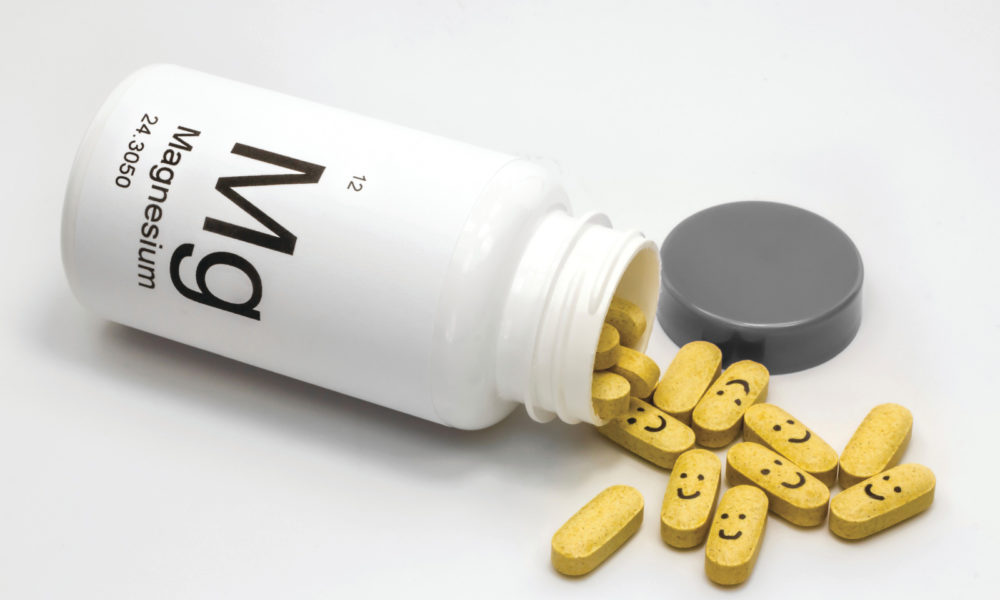
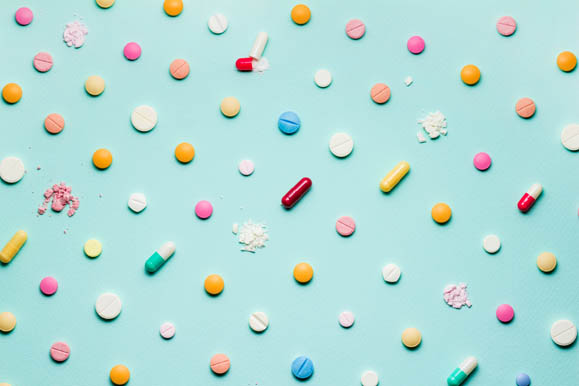
Hey, I saw the post on your story and thought I’d give my two cents! So I’ve been dealing with mental health for the last 10
years, and have been on meds for it for 5. Honestly, the reason it took me such a long time to try medication was the
stigma. I was worried they would change who I am as a person, and even though my OCD made me go to a hospital, I
didn’t want to change my personality. I eventually tried antidepressants, and genuinely they have helped so much. It’s
cliché, but they actually gave me my life back. I wasn’t so consumed my anxiety, and I could finally go places and do
things I couldn’t before. The only ‘change’ to my personality was that it helped with my social anxiety, so I could actually
talk to people I had wanted to befriend years prior.
However, as I’m sure you know, just because it helped me doesn’t mean the stigma around mental health medication
disappeared. I still felt the need to hide that I had medication for my anxiety/OCD, and if it came up I had to turn it into a
joke to avoid feeling judged. To this day, I still call them my ‘happy pills,’ instead of SSRIs or antidepressants. I know it’s
bad, but joking about myself makes it so no one else can make me feel like sh*t for taking meds.
Thanks for letting me share my story!
Hello!
Because its something I’ve struggled with my whole life, I love any effort into research and dispelling the stigmas of
mental health. So, here’s my experience with my medications.
I was diagnosed with ADHD and social anxiety disorder when I was young, and took medication for them from about
fourth grade until junior year of high school, so about seven years or so. They included ritalin and concerta for the adhd,
and meds to help the anxiety involved mood stabilizers like risperidone. To be quite honest, the meds helped when I was
very young but eventually began to help me less and less. The side effects also put some strain on me, such as
weight gain, random loss of appetite, and a tic in my shoulder that i still have. Eventually, I stopped taking medication and
moved solely to counseling for mental health, where I learned about mindfulness, which has been the biggest help to me
as an individual.
I was super lucky that because my mother was a teacher, I had someone that understood the mind of kids and was able
to fight for me. She was able to advocate for me against schools that didn’t care about mental health as well as my peers
who sometimes teased me.
For me, the pros weren’t as numerous as i had hoped, though they did help a little bit. I was noticeably less impulsive, I
was better able to keep track of my school assignments, and I wasn’t nearly as physical; because I’m a triplet, my
childhood was spent roughhousing with my siblings. The cons were not life threatening, thank goodness, but there were
a lot of negative effects that my physicians didn’t really go over with me when they prescribed them. Sometimes it was
hard to feel like I was 100% myself when I was on my meds.
However, I believe that the stigma against taking medication for mental health is entirely unfounded; the brain is an
organ just like the heart or lungs, and no one would ever shame or think differently of a person who had to take
medication for their heart. So why should they for mental health, y’know?
CA: How do you manage your anxiety and ADHD now without medication?
MR: My anxiety and ADHD have changed over time – when i was young, my ADHD was most prominently me not being
able to sit still at all or think before I talk, and as I got older, it manifested more in forgetfulness and general impulsivity.
Though i’m off my meds, I’m still able to manage. In my experience, everyone has to find what works for them individually;
I’ve tried planners to help forgetfulness, setting up phone reminders, etc, but what works for me is placing post it notes at
a desk where I spend a lot of time. As for my social anxiety, I’ve found that writing journal entries in a steam-of-
consciousness style allows me to organize all my thoughts: it helps me turn all of those “what if’s” into concrete, solvable
problems. Beyond this, I’ve started mindfulness meditation, and it allows me to come at my anxiety and ADHD from a
different perspective, which can be helpful sometimes.
CA: Can you please go into more detail about the tic in your shoulder? What seems to trigger it?
MR: My tic is relatively small and does not interfere with daily life at all – starting around middle school, around the first
time the dosage of my Concerta was increased, i started to get short, 1-2 second up-and-down spasms in my right
shoulder exclusively. Nothing particularly seems to trigger it, but i have gotten used to how my body feels about 5
seconds before it happens. I would say that it occurs maybe a few times a week, so not too often.
CA: Do you feel like you’ve gotten ‘yourself’ back now after coming off the meds?
MR: My meds caused me to sometimes not feel like myself at an interesting point in my life. I don’t think that any
teenager going through puberty has a solid sense of who they really are, y’know? This combined with my meds
sometimes making me feel different than what i thought i should be. I’m unsure of exactly how they made me feel unlike
myself, because i wasn’t sure who i was supposed to be – but they made me feel subdued sometimes. I think that’s the
best way to put it, though it might sound too harsh or severe.
CA: How did the social anxiety manifest itself? Can you give us an example of what the experience might look like for
you?
MR: Though i’ve been coming out of my shell for the past few years, my social anxiety used to be much more extreme.
There are two cases of my social anxiety that i think are good examples: 1) In my freshman year of high school, during my
honors english class, my teacher once pulled me into the hallway to ask me something. She asked me if I had selective
mutism; if anxiety was causing me to be unable to talk. I answered her no and brushed it off, but this illustrates just how
little i was able to communicate with my peers and adult figures. 2) During my middle school’s 8th grade dance, which my
parents nudged me to go to, I spent most of my time sitting on a bench by myself, and though some of my friends
encouraged me to come dance (my best friend even asked a girl if she would like to dance with me, and she was very
nice in trying to get me to dance with her, but I did not want to) I would not move. I have no doubts that my friends’ intent
was nothing but pure, but some people ended up trying to pull me off of the bench my pulling on my arms, and I really
resisted this as best I could. Nowadays, dances are not my favourite thing in the whole world, but I am definitely able to
enjoy myself if I am with people I trust.
CA: What would you say to people who are being told to take medication, but are having doubts?
MR: To people who are being told to take medication, but are having doubts, I would say this: in many ways, mental
health is akin to physical health. In this light, there is sometimes only so much we can do without an outside source of
help – for example, an athlete with a broken leg can have the most positive attitude, but she won’t heal properly if she
doesn’t use an outside source of help, such as a cast, or a splint. So, we would never tell an athlete with a broken leg to
just “walk it off”, and sometimes when we aren’t in our best mental health we can’t just “think about it differently” or “just
be happy”; sometimes we need a source of outside help, such as meds, and there is no shame in asking for help. When I
was in elementary school, I loved to draw but struggled in math. My teacher asked me “mark, what if one of your friends
came to you and asked you if you could help them draw a picture? how would you feel?” And I said that would make me
very happy, because I would be able to help them succeed. And she told me that that is how she feels when I ask her for
help with math; that she is excited and wants nothing but to see me succeed. There is no shame in obtaining help when
you need it, because every single one of us needs help from time to time.
All my love to those of us working through our mental health.
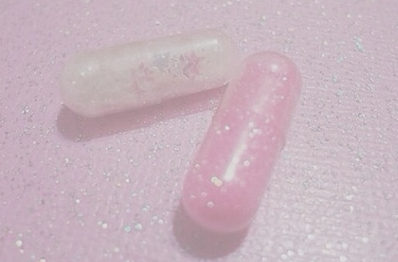
A huge thanks again to everyone who sent in, and a special thanks to Mark, and Jessie.
Your voice matters. We’re in this together.
Learn more about Bell Let’s Talk Day HERE
written by cass
Hello, Darlings! We’ve only got a little sliver left of January, but our brand new Astrologer Elysse is here to give you some insight into what you might expect and how to navigate the remainder of the month. I know you will enjoy. Happy reading! …
It’s getting witchy over here Hello, and Happy New Year! CASSIDYALEXA has been blessed to add Astrologer Elysse to our roster of fabulous beings. Just for fun, she whipped us up a forecast based on our mission statement, and the time and date of our …
I am loathe to admit that I muse with the never ending notion that my existence is stale, and my time is misused in a lazy and unproductive manner; a theory further enhanced by certain nameless beings orbiting my aura. This fiercely nagging loop causes an undue amount of stress, pain, and a deep sense of worthlessness to the world.
I am 25 years old, and was asked just the other day how I am putting aside my funds for retirement. Retirement? Retire from what? The only things I am interested in doing are the things I am doing now, the things I will continue to do indefinitely, the things that breathe life into an otherwise dim lit drag of task following task; broken up only by the respite of sensational moments, be it bliss from creating, or of that which is equally magical; devouring delicacies of heightened palatability. Black coffee. Pastry. Heaven.
I rock between the cross-sounding voice that comes at me both verbally and internally to get a normal job, to grow up, to get practical; and the more honest voice to stay firm to my path, to write, to make film, to dance, to draw, to indulge. Out of sheer stubbornness the latter tends to beat out the former, but the battle has yet to cease.
Only today it occurred to me that this near catatonic state that can overwhelm and often debilitate me is of some profound use to the core of my thin pillared bones. I have had the ‘normal’ jobs, I have tried to fit in to the average mold, only to be chewed up and spat out and sat right back down in the same position I’m at now; a place of some deep knowingness that where I am at is in fact just where I need to be. Perhaps this sometimes aimless nothingness that encroaches at the blackened edges of my vision and seeps into my pores is the springboard from which everything that I do can manifest. Perhaps this is the entire purpose of writers block, of mental health days, of vacation. In this fluster of frenzied focused, workaholic, busy bodies, the room to dream can be seen as a negative, but maybe it’s not. Maybe I fail at everything that seems like hard work, and goes against the grain of who I am because I am meant to pursue the things that feel right, and true, and dare I say it; GOOD.
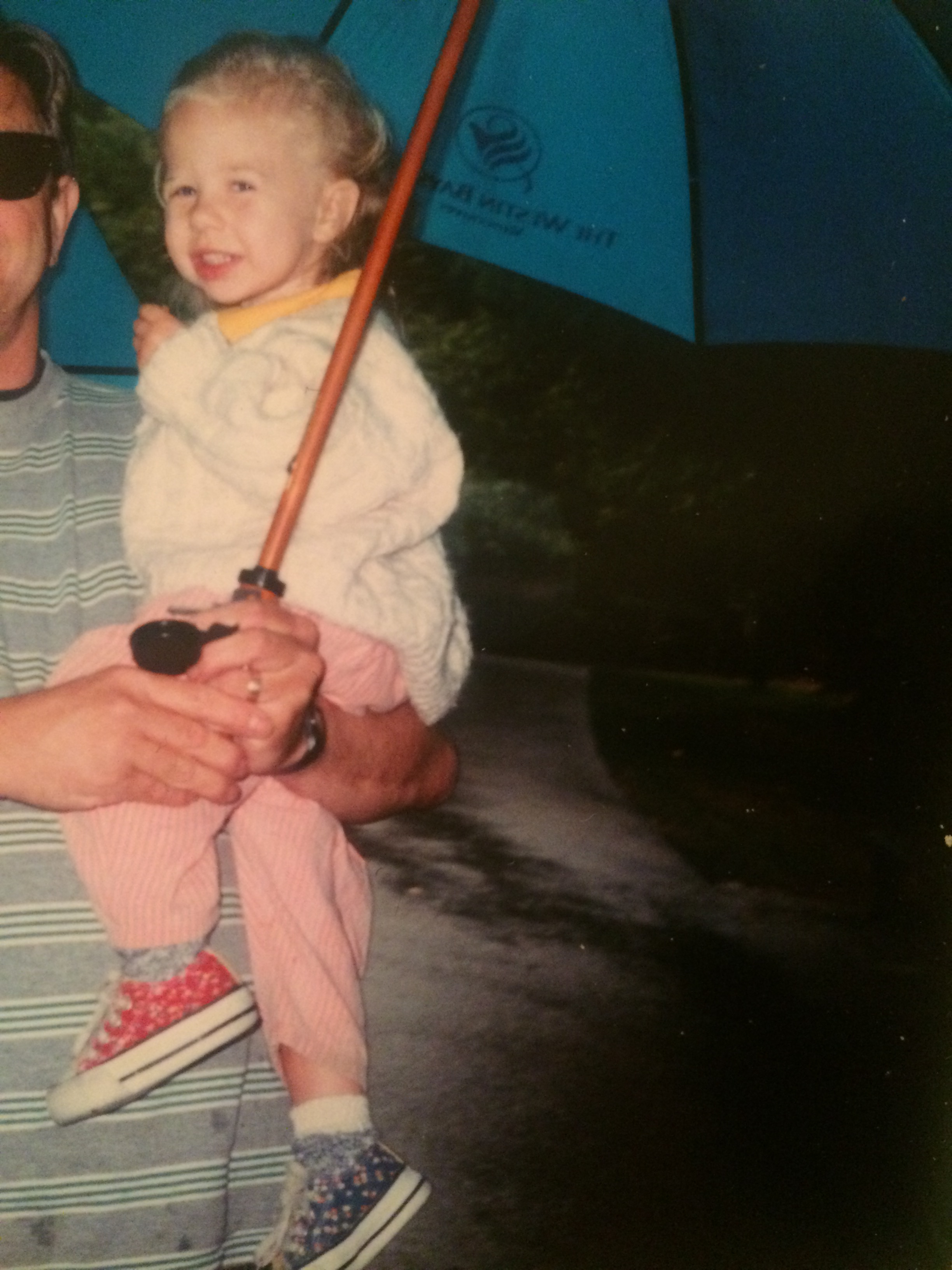
Oh, the pathology; It’s an almost guilty relationship that I have with anything that seems at all enjoyable. If I am not running from something, then I must be doing it wrong. No pain, no gain, right? Is that how I want to live my life? No. Who knows how many days I have left? The future is uncertain, and the only thing I have for sure is my time right now, and I want to be happy now, not suffer for the un-promised future. It can be hard to tune out the voices that don’t align, but the more I read and listen to artists who I admire, the more I am enlightened to how similar their struggles against the beaten path to which the majority adheres are to my very own. This brings me comfort. This calms my neuroses, if only for a small and sacred time.
I want to let go of the push back from others and myself to follow a more traditional role of a proper human being, and yet I know that even that discussion, and difference of opinion further strengthens the one that hits closest to home. In a way, the more I disagree, the stronger my clarity and sense of self become; yet the exhaustion of defending my ground can be relentless.
A double edged sword.
A part of me even feels for those who tell me off, for I’ve come to know that my dedication to my own wisdom triggers the part of them who wishes they could touch hands with their own untainted truth. I give credit to my therapist for both pointing this out and cheering me on.
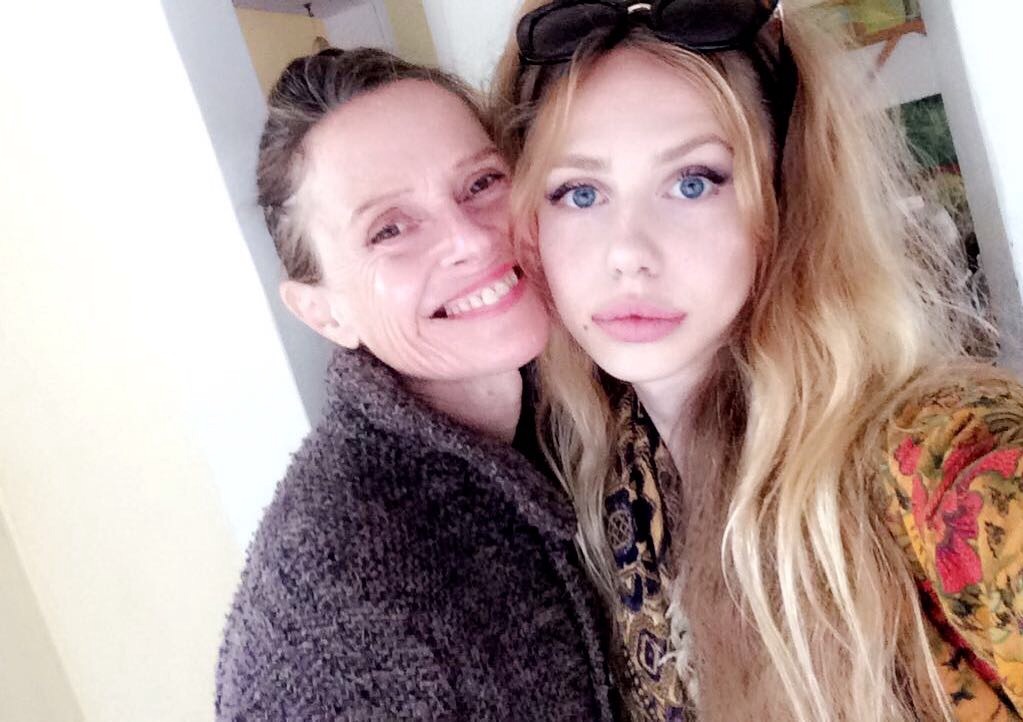
I am grateful to my mother, my best friend Emily, and some beautiful artistic heroes of mine whom I’ve grown blessed to call my friends, for seeing me through these times, and always campaigning for me to continue on the road less traveled. Without them, I’d surely be lost, and although it may be true that I’d eventually come around to it on my own, it would be a hell of a lot harder, and a hell of a lot longer a journey.
Thank you, my loves. I hope you know your worth.
“Artists are always being lectured on their moral duty, a fate other professionals—dentists, for example—generally avoid,” she observed. “There’s nothing inherently sacred about films and pictures and writers and books. ‘Mein Kampf’ was a book.” In fact, she said, writers and other artists are particularly prone to capitulating to authoritarian pressure; the isolation inherent in the craft makes them psychologically vulnerable. “The pen is mightier than the sword, but only in retrospect,” she wrote. “At the time of combat, those with the swords generally win.”
Margaret Atwood
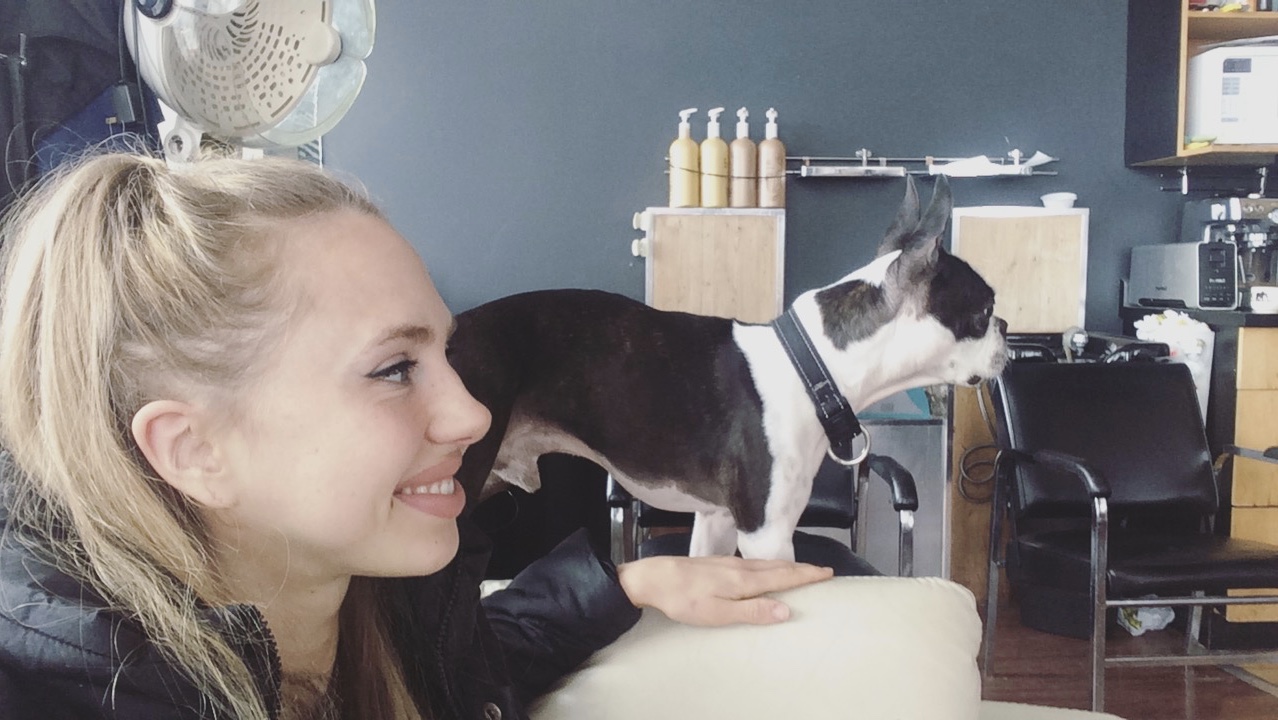
written by cass
We’ve Decidedly chosen two separate paths; I, the lone soldier, and you the tamed catch. Diverging and differing; both fallen flat, With neither one graciously placing these facts. But, To what is a fact is of who is the eye; To what great attainment is …
this case has stricken a chord for many women, and many men. all i feel equipped to do is write, support, and breathe with the woman who shared her pain; she who was brave enough to come forward with the undeniable credibility of the truth …
Signs and symptoms associated with the menstrual cycle are often perceived as normal, are ignored, or medicated on the surface level. It’s normal to get
headaches, intense cramping, moodiness, and bloating every month, right?
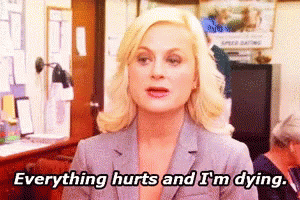
Trust that there’s more to the flow of things and read on.
Premenstrual syndrome (PMS) is a common condition affecting women of reproductive age. It is defined as a collection of symptoms that typically occur for
one to two weeks before menstruation. PMS is not healthy or normal; it is a sign of hormone imbalance and can be healed.
Acne, anxiety, backaches, bloated abdomen, constipation, cramping, crying spells, depression, difficulty concentrating, difficulty sleeping, emotional
hypersensitivity, excessive hunger, food cravings, forgetfulness, headaches or migraines, irritability, low energy, joint pains, low libido, mood swings, tender,
swollen breasts, water retention, and weight gain.
Chinese Medicine practitioners assess overall constitution, which includes observation of colour and energy (vitality) along with palpation and pulse taking,
tongue analysis, and listening and inquiry of one’s whole health state. Detailed information-gathering in regards to main health goals include how long
symptoms have been occurring, diet, lifestyle, emotional health, and period information — colour, odour, texture, duration, and amount. This helps the
practitioner explore root causes of imbalance and to piece together a Chinese medicine pattern, TCM diagnosis, and treatment plan.
TCM practitioners use theories such as zang-fu organ differentiation, the eight principles (yin, yang, hot cold, interior, exterior, deficiency, excess), and channel
theory, to match signs and symptoms to Chinese Medicine patterns (this is called syndrome differentiation).
PMS can effectively be treated with acupuncture [1, 2]. Treatment with acupuncture aims to balance meridian pathways within the energetic body that are
associated with skin, blood, and organ levels. The insertion of fine needles at specific points that lie along meridians works with your mind-body-spirit to restore
imbalances or blockages and to strengthen your body’s innate ability to heal. Results are cumulative, meaning regular treatments increases acupuncture’s
effectiveness. It is advised to complete 1 treatment per week for each phase of your menstural cycle, for 3 cycles (3 months). From here maintenance and
prevention treatments are scheduled, for example once per month or as needed.
Premenstrual Syndrome, a western medical term, is recognized in Chinese Medicine though a patient’s collective pattern of signs and symptoms, and the main
goal is of focus for diagnosis and treatment. For example, there can be five different patients with PMS in clinic, with five different diagnoses and treatment
plans.
Menstural Edema can be caused by Spleen-Kidney Yang Deficiency or Qi and Blood Stasis
Menstural Headache can be caused by Dlood Deficiency, Liver Fire, or Blood Stasis
Menstural Mood Disorder can be caused by Liver Qi Stagnation or Phlegm Fire Uprise
Dysmenorrhea (cramping) – Qi and Blood Stasis or Deficiency, Cold Accumulation (Yang Deficiency Cold), Damp Cold or Damp Heat, Liver-Kidney Deficiency
Each of these diagnoses would have their own treatment protocols, lifestyle suggestions, acupuncture prescription and herbal formula.
spicy, sweet, sour, salty, etc.). Focus on cooked, nature-made sweet and neutral foods such as root vegetables (especially beet and squash), soups and stews
made with bone broth, organic animal protein, fish, blood-building cooked leafy greens, and sprouted brown rice or quinoa. Ask your registered acupuncturist
about foods that would be helpful for your unique TCM pattern.
feeling your emotions fully and express them through journalling, talking with a counsellor or loved ones, and find time to nurture self care rituals.
menstruation it is good to get a moderate amount of exercise with goals of maintaining qi circulation. Yoga and pilates pelvic floor stretches are great if you are
prone to cramping.
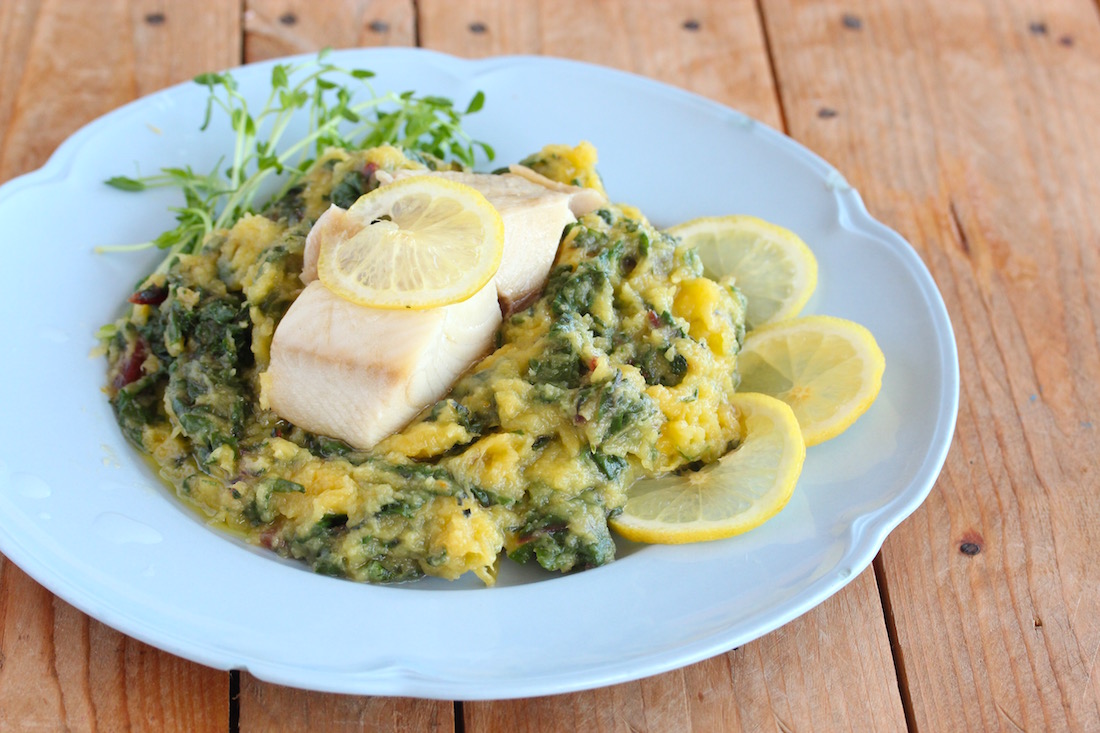
The goal for this recipe creation was to focus on omega 3 fatty acid and magnesium intake, both of which are helpful for easing PMS symptoms. Cod is high in
omega-3 fatty acids (choose black cod also known as sablefish, from Canada or the United States), and swiss chard provides an excellent source of
magnesium along with acorn squash. Beyond western nutrition, ask your registered acupuncturist about flavours and temperatures of foods that have an
energetic healing effect for your TCM pattern.
Prep time: 15 minutes
Cooking time:30 – 40 minutes
Yields: 1 serving
1, 4 oz black cod fillet
2 – 3 lb acorn squash
Avocado oil for squash baking
1 small swiss chard bunch
1 tbsp. ghee or olive oil
1 – 2 garlic cloves, minced or pressed
1 small lemon, for squeezing and garnish
Sea salt to taste
1. Set your oven to 400F. Slice your acorn squash(es) in half and use a spoon to scoop out the seeds. Place the squash halves on a baking sheet and drizzle
with avocado oil. Bake for 30 – 40 minutes or until the edges appear to be golden brown.
2. In the last 15 minutes of squash baking start to prepare the remaining ingredients. Rinse then shred the swiss chard. Transfer to a large fry-pan over medium
low heat. Saute the chard and saute for 5 – 10 minutes. You can water-saute it from any residual water left from rinsing, or go ahead and add a bit of oil.
3. Bring 2 cups of water to a boil in a small saucepan. Add your cod fillet to the boiling water and simmer for 6 – 8 minutes over medium low heat. The cod is
cooked when the skin ‘flakes’ back a bit with a fork. Immediately drain the water and remove the skin in preparation for serving.
4. Scoop the baked squash flesh into a food processor or blender with a tamper. You can also use a potato masher. Add the garlic to the squash and lightly
blend or mash until smooth. Don’t over-mix or it will turn into puree.
5. Transfer the mashed squash to a bowl. Chop the sauteed swiss chard and add this to the bowl. Mix to combine, adding ghee or olive oil, sea salt, and lemon
juice to taste. You will most likely have acorn mash leftovers — use for future meals ahead.
6. Plate the acorn-chard mash topped with poached fish and a drizzle of lemon juice and olive oil or ghee.
Thank you so much, Hayley!
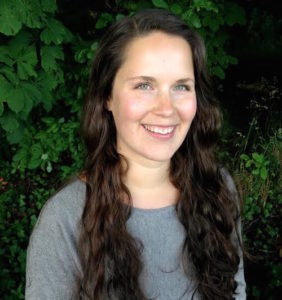
written by hayley stobbs r.ac.
original post found here
Everyone wants to feel special. We all want to be the best at something. Better than the rest. Above. Beyond. Transcendent. I am very aware of this. More aware, in fact, after a certain somebody I went on a few quasi-dates with accused …